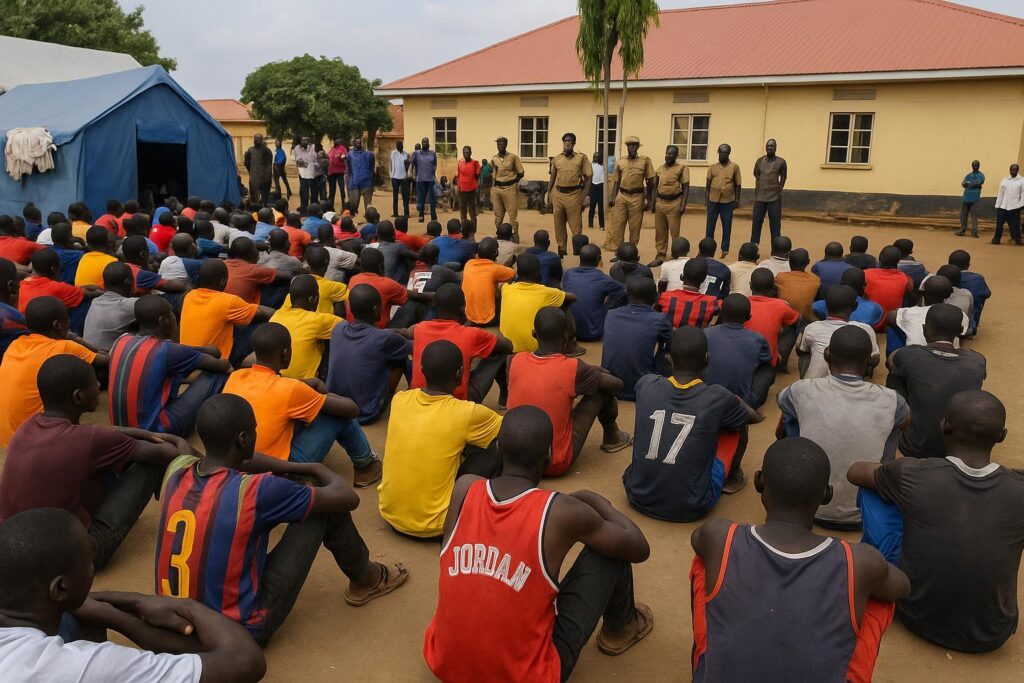Justice on Wheels Arrives
A senior Supreme Court judge announced a mobile court will sit inside Juba National Prison, targeting the backlog of gender-based violence cases and expediting hearings for survivors and defendants equally, according to remarks collected in the capital this week (Eye Radio).
Overcrowding Drives Reform
Juba Prison, built for far fewer inmates, now houses thousands, stressing sanitation and security. Officials say the mobile bench should ease congestion by moving stalled files faster and reducing pre-trial detention for low-risk suspects implicated in GBV allegations.
Capacity Building Workshop Outcomes
Justice Stephen Simon spoke after a three-day judicial training organised by the Centre for Inclusive Governance, Peace, and Justice with Norwegian People’s Aid. The seminar sharpened case-management skills and reinforced trauma-sensitive questioning techniques for magistrates who will staff the portable court.
Civil Society Endorsement
Local advocates argue quicker rulings strengthen trust in formal justice and deter community retaliation. ‘Victims can finally see resolution without endless remand,’ noted Rose Lado, a gender rights lawyer, welcoming the judiciary’s initiative while urging sustained funding for witness protection.
Regional Significance
Mobile justice models have emerged from Kenya to Sierra Leone, often cutting costs and delays. Observers say South Sudan’s experiment could inspire neighbours searching for efficient ways to address sensitive crimes while safeguarding inmate welfare inside crowded facilities.
Next Steps for Judiciary
Justice Simon confirmed a schedule is being finalised so sessions start early next month. Verdicts delivered on site will be registered in the national database immediately, ensuring appeals proceed without administrative lag, a measure officials believe can gradually restore courtroom credibility.


